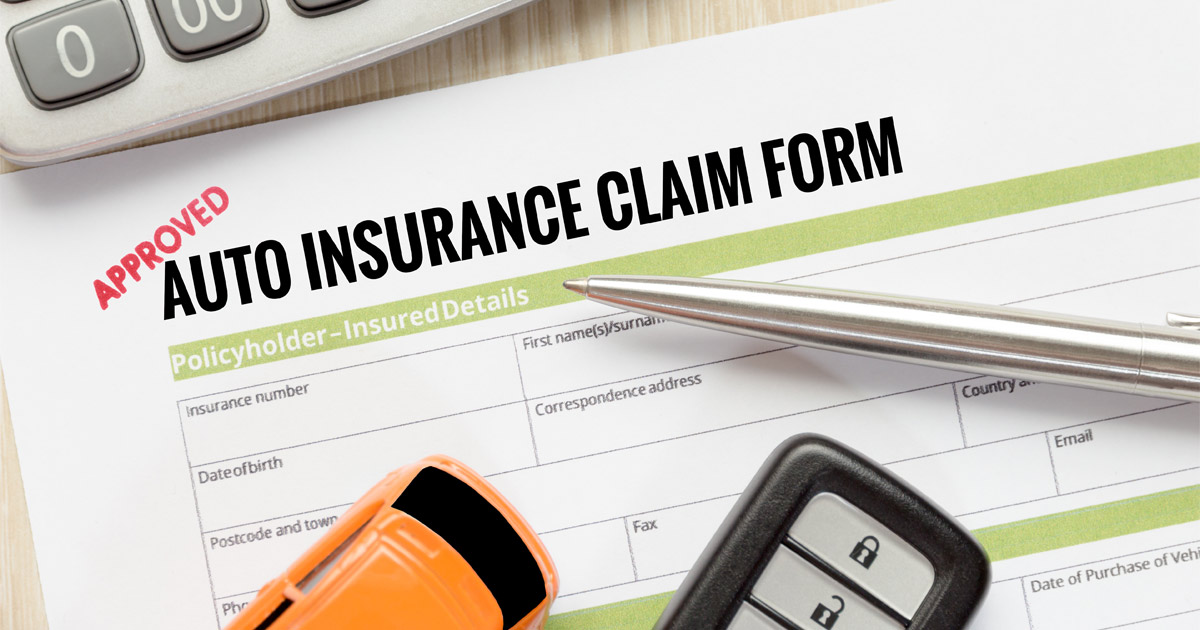Are Medical Records Important to Car Accident Claims?

The aftermath of a serious accident can be overwhelming for everyone involved. Amidst the concerns about vehicle damage, injuries, and insurance claims, it is easy to overlook the importance of medical records. Bear in mind that these documents play a critical role in getting you fair compensation for your injuries.
Medical records serve as tangible evidence of the injuries sustained in a car accident. They provide vital documentation of the extent and severity of your injuries, detailing diagnoses, treatments, medications, and prognosis.
Insurance companies and legal professionals rely on medical records to assess the impact of the accident on your health and well-being. Without comprehensive medical records, it can be challenging to establish the connection between the accident and your injuries, potentially jeopardizing your claim.
How Do Medical Records Influence Insurance Settlements?
Insurance companies use medical records to evaluate the validity and value of your claim. These records help adjusters understand the nature and extent of your injuries, enabling them to make informed decisions about settlement offers. Detailed medical documentation strengthens your negotiating position, providing concrete evidence of the damages you have suffered.
Insufficient or incomplete medical records may result in undervalued settlements, delays, or claim denials. By prioritizing thorough medical documentation, you increase your chances of securing a fair, equitable settlement.
What Types of Medical Records Are Relevant to a Car Accident Claim?
Following a car accident, medical documents like these contribute to building a compelling case for compensation:
- Hospital records: Emergency room reports, admission summaries, and discharge instructions provide valuable insights into the immediate aftermath of the accident and the initial medical assessment.
- Physician notes: Consultation notes, progress reports, and treatment plans document healthcare providers’ ongoing care and management of your injuries.
- Diagnostic tests: X-rays, MRIs, CT scans, and other diagnostic imaging studies offer objective evidence of the physical injuries resulting from the accident.
- Rehabilitation records: Physical therapy notes, occupational therapy reports, and rehabilitation protocols demonstrate the efforts to facilitate recovery and restore functionality.
- Prescription records: Medication lists, dosage instructions, and pharmacy records validate the necessity of prescribed medications to manage pain and promote healing.
- Invoices and statements: This information shows what insurance covered and what you may have paid out-of-pocket for your medical care.
By compiling a comprehensive collection of medical records, you provide a comprehensive overview of your injuries, medical treatment, and payments. That strengthens your claim for compensation.
How Can I Obtain and Organize My Medical Records After a Car Accident?
Obtaining your medical records following a car accident requires proactive communication with healthcare providers and medical facilities involved in your care. Start by requesting copies of all relevant documents from each provider. Be prepared to sign release forms authorizing the release of your medical information.
After you gather your medical records, organize them chronologically, making it easier for insurance adjusters and legal professionals to review and understand the sequence of events. Keep copies of all correspondence and documentation related to your medical treatment, bills, receipts, and correspondence with insurance companies.
Contact a Norristown Car Accident Lawyer at the Law Firm of Anthony C. Gagliano III, P.C. for Legal Guidance
If you were injured in a car accident, a Norristown car accident lawyer at the law firm of Anthony C. Gagliano III, P.C. can help you manage the claims process and pursue the compensation you deserve. For a free consultation, submit our online form or call 267-861-7100. Located in Philadelphia and King of Prussia, Pennsylvania, we serve clients in Montgomery County, Delaware County, Bucks County, Chester County, and Norristown.

